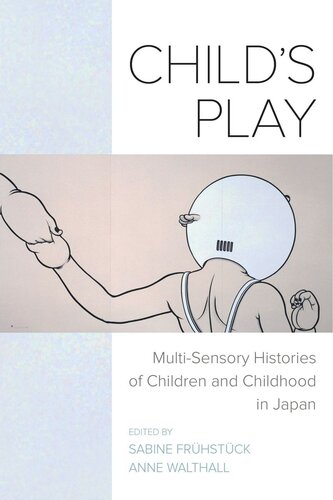

Most ebook files are in PDF format, so you can easily read them using various software such as Foxit Reader or directly on the Google Chrome browser.
Some ebook files are released by publishers in other formats such as .awz, .mobi, .epub, .fb2, etc. You may need to install specific software to read these formats on mobile/PC, such as Calibre.
Please read the tutorial at this link: https://ebookbell.com/faq
We offer FREE conversion to the popular formats you request; however, this may take some time. Therefore, right after payment, please email us, and we will try to provide the service as quickly as possible.
For some exceptional file formats or broken links (if any), please refrain from opening any disputes. Instead, email us first, and we will try to assist within a maximum of 6 hours.
EbookBell Team

5.0
18 reviewsA free ebook version of this title is available through Luminos, University of California Press’s Open Access publishing program. Visit www.luminosoa.org to learn more.
Few things make Japanese adults feel quite as anxious today as the phenomenon called the “child crisis.” Various media teem with intense debates about bullying in schools, child poverty, child suicides, violent crimes committed by children, the rise of socially withdrawn youngsters, and forceful moves by the government to introduce a more conservative educational curriculum. These issues have propelled Japan into the center of a set of global conversations about the nature of children and how to raise them. Engaging both the history of children and childhood and the history of emotions, contributors to this volume track Japanese childhood through a number of historical scenarios. Such explorations—some from Japan’s early-modern past—are revealed through letters, diaries, memoirs, family and household records, and religious polemics about promising, rambunctious, sickly, happy, and dutiful youngsters.